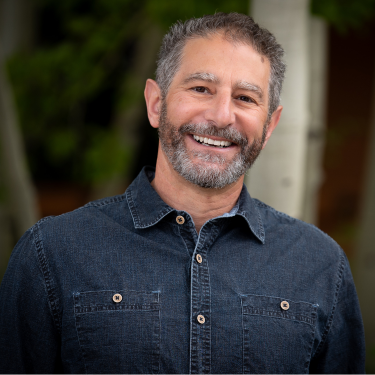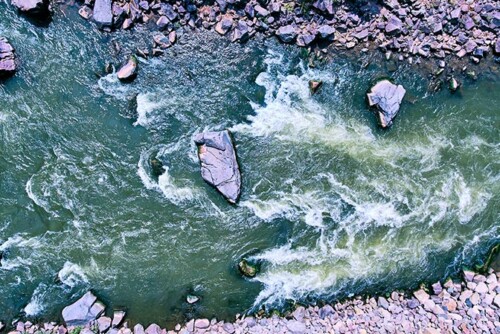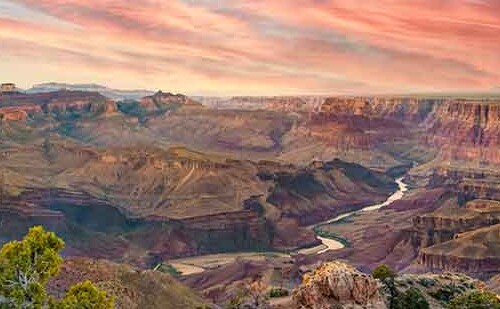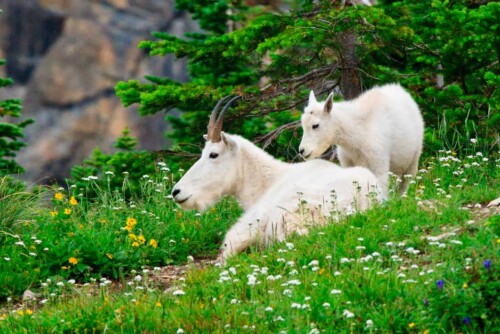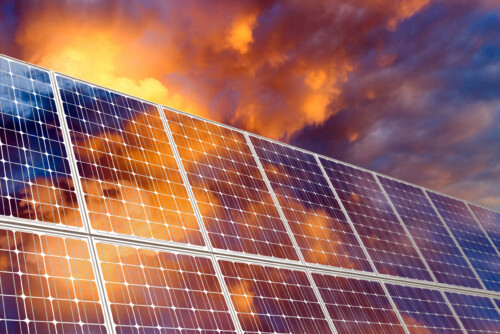Annual Report 2020
Even before climate change was headline news, WRA was working diligently with governors, state legislators, and commissioners to decarbonize the West. Ten years ago, our region was still so reliant on coal-powered energy that carbon emissions in the power sector were near their peak, the energy storage industry was in relative infancy, and renewables had yet to reach price parity with coal. For many, the idea of a 100% clean energy future was an unachievable ideal.
But WRA saw a different future. With more than 20 years of experience in clean energy advocacy in the West, we used our unique policy and regulatory expertise to develop the Climate Fix—a bold plan to reduce roughly half of our region’s carbon pollution by 2030.
We started by working to retire coal plants, one unit at a time. We worked with utility commissions to incentivize clean energy rebate programs. We wrote legislation to set ambitious state policy goals and continue to hold lawmakers accountable to those goals. And we demonstrated that those on the ground actions add up to major change—39 million tons of carbon emission reductions toward a 105-million-ton goal, to be exact. Today we know we can achieve zero carbon pollution by at least 2050. We know solutions to the climate crisis are within reach. But we can’t stop there.
Climate change complicates all other conservation challenges. Species loss is at an all-time high, and we are on a destructive path to lose massive amounts of biodiversity worldwide if we don’t act quickly. The Colorado River, dubbed the hardest working river in the West, is diminishing at an unprecedented rate, and flows are predicted to decrease an additional 20% by midcentury. So WRA is again leading with bold action: We are scaling our approach in launching the Climate Fix across all areas of our work, and we are ensuring that that work will have a measurable and meaningful impact in line with the enormity and urgency of the challenges we face.

Once again, we rely on the science, which says we need to protect 30% of lands by 2030 and 50% of lands by 2050 to preserve 80% of biodiversity globally. That means we need to protect and connect more than 100 million acres of land in our region by 2030 and more than 200 million acres of land by 2050. We’re also working to make sure our region not only does its part but also leads nationally, with strong evidence-based commitments, innovative policies, and a multipronged approach that uses every tool available to protect lands and achieve those goals.
We know twenty-first century Colorado River flows have already decreased by 19% compared to pre-2000 levels, and that trend will continue well into the midcentury unless we take drastic action. We need to rethink how we use rivers to support sustainable growth, retool outdated agreements and laws to encourage conservation over consumption, and reconnect with the inherent value a river provides to our health and wellbeing, as communities and as individuals.
With our supporters, donors, fellow advocates, and diverse partners across the West, we can and will use our unique skills to set and achieve ambitious goals to protect our land, air, and water.

WRA has the expertise and experience to achieve big goals. With our supporters, donors, fellow advocates, and diverse partners across the West, we can and will use our unique skills to reach those ambitious but critical goals.
Between the pandemic, a fluctuating economy, and an historic election, 2020 was a transformational year, particularly for communities historically ignored by conservation and climate movements. The racial and social reckonings of 2020 and ongoing demonstrations drove home the fact that we cannot and will not succeed if we do not work with those most impacted by the complex problems facing the West. We can and will do better. We have no time to waste. And we are focusing all our resources on creating a healthier and equitable future for the West.
Join us.
